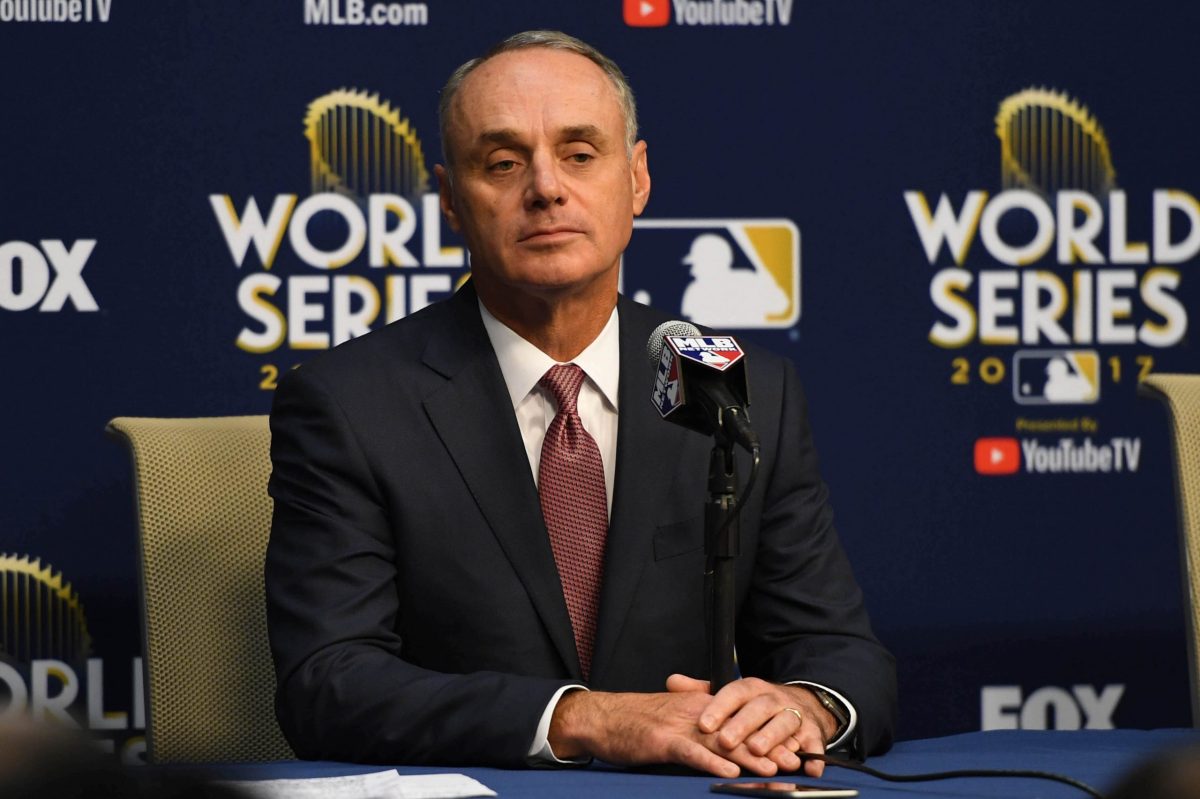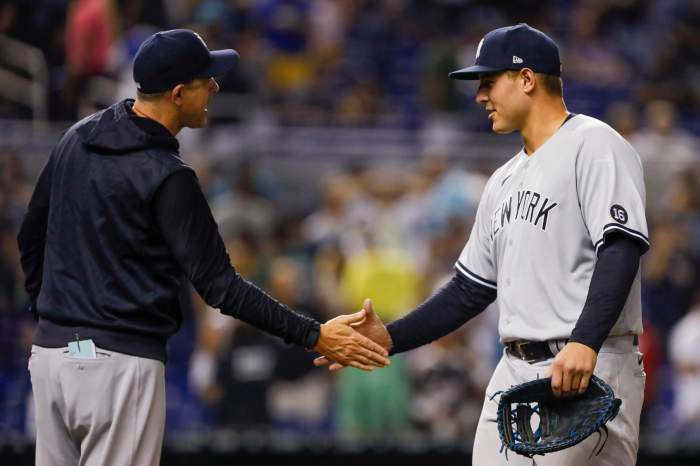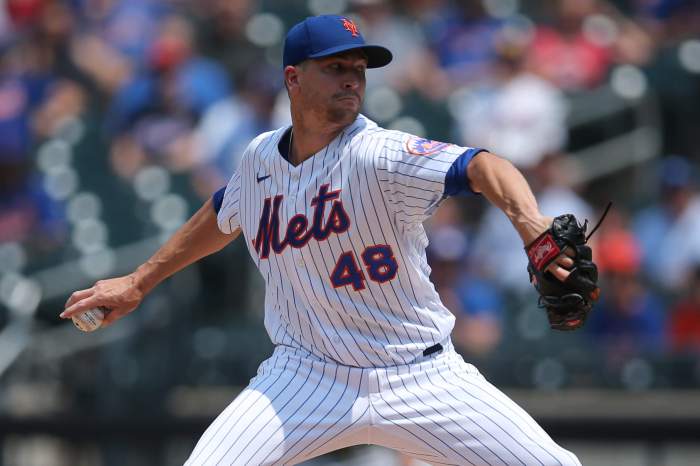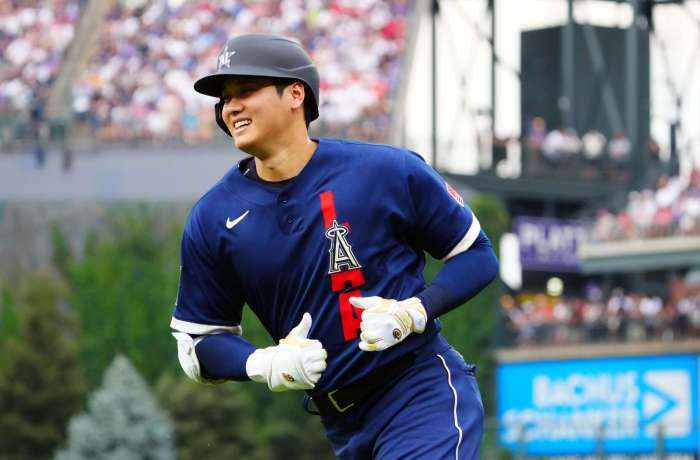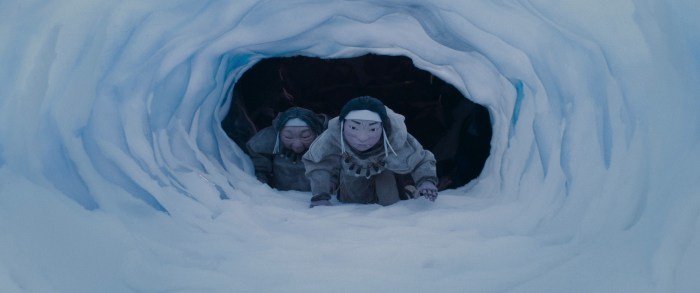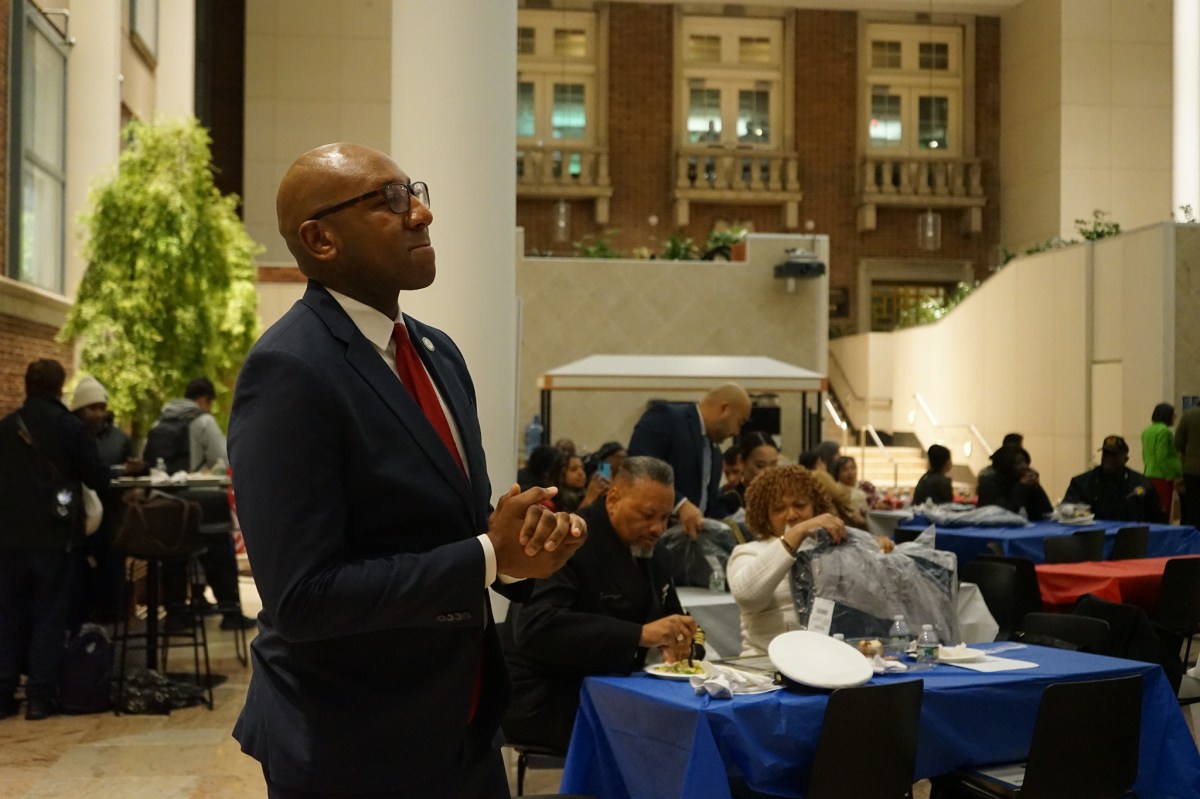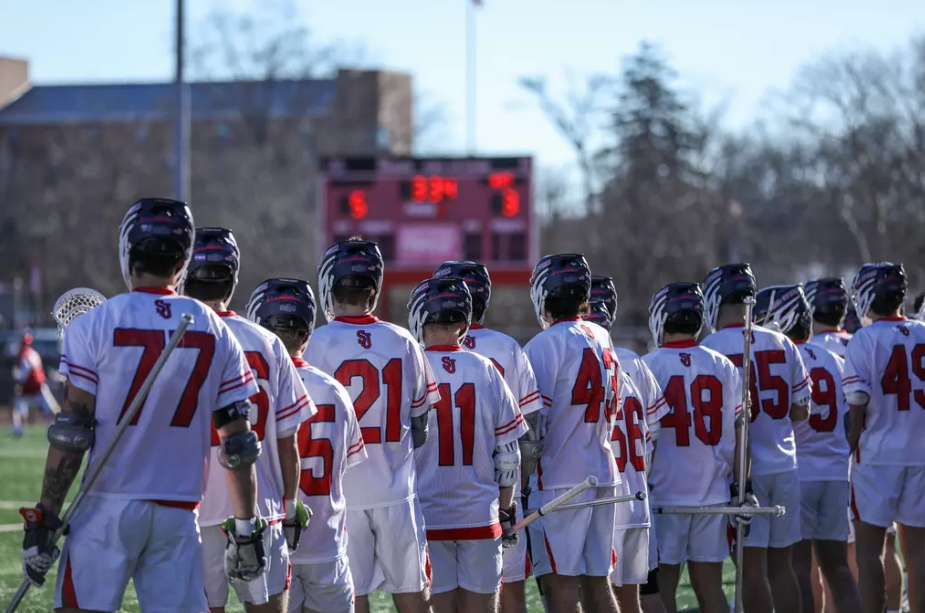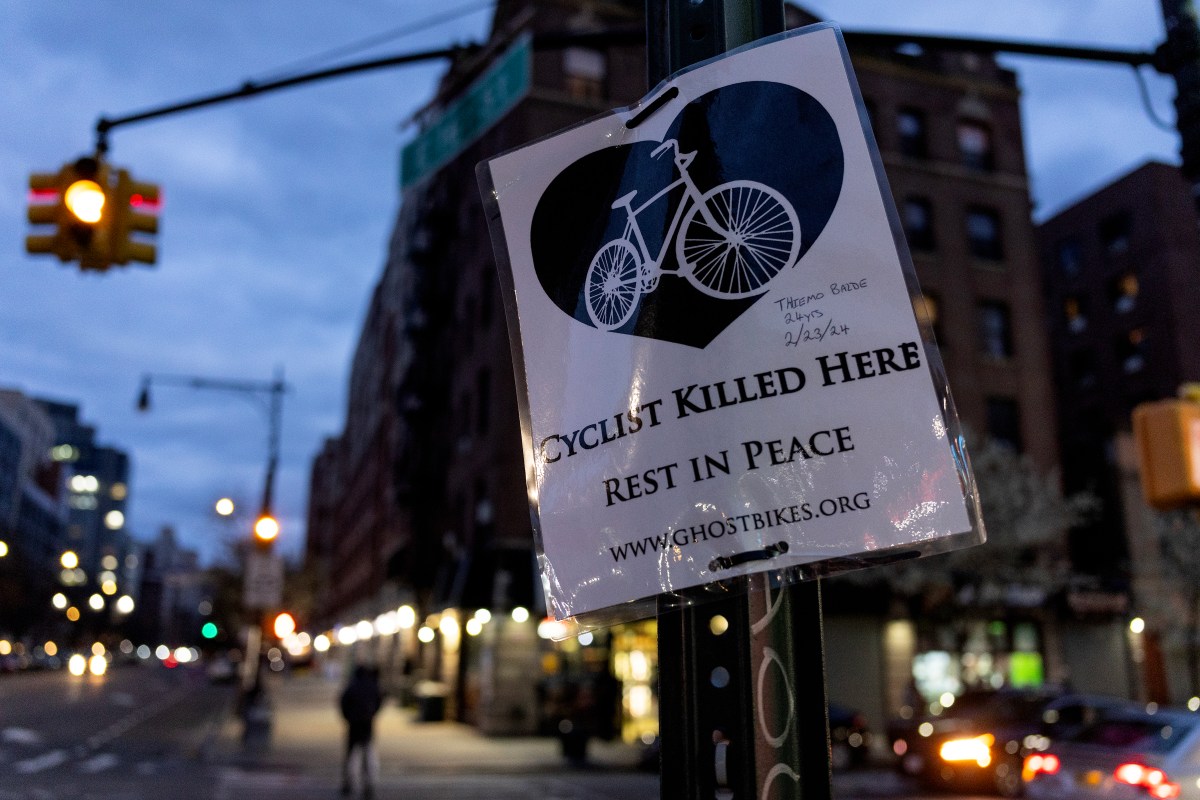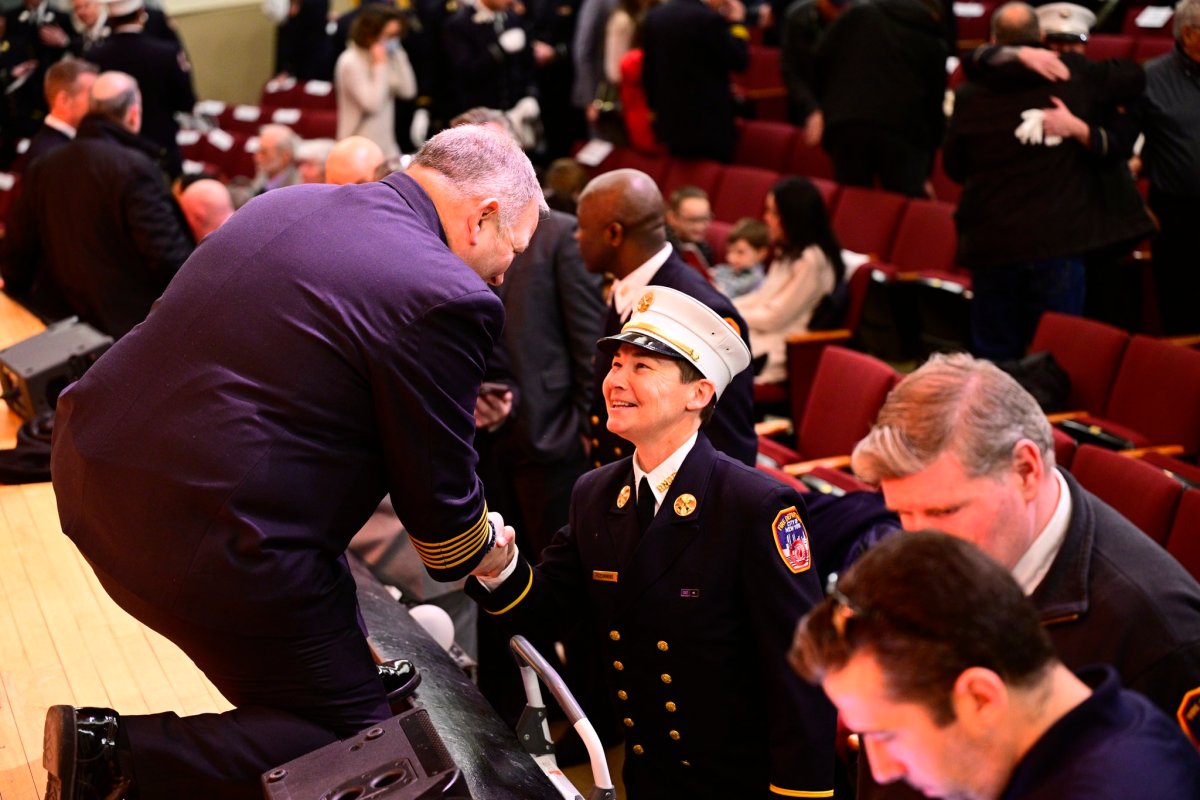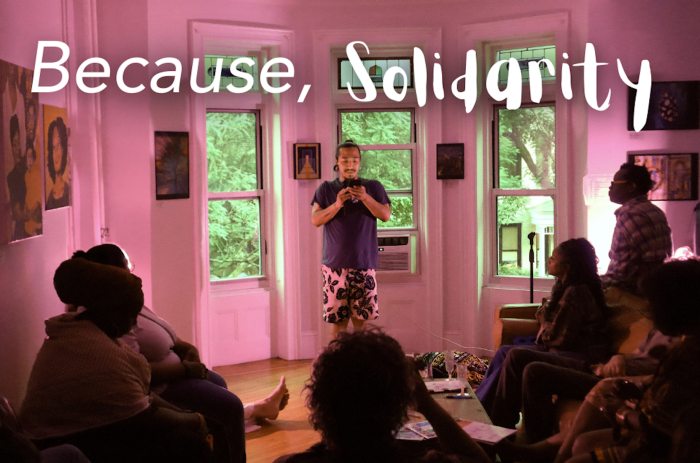For all the optimism that came with the guarantee that owners and players will meet every day this week in an attempt to end the MLB lockout, minimal progress continues to be made.
While players continue returning to the negotiating table in good faith, the owners remain unmoved and unrelenting in their set ways — opting to make marginal, incremental concessions on pressing topics such as the minimum salary for players.
Despite meeting for nearly two hours on Wednesday, the owners only came forth with one offer on the table. It was an underwhelming one with an increase from their last proposal of just $10,000 to the minimum salary in each year of the CBA: $640,000 in 2022, $650,000 in 2023, $660,000 in 2024, $670,000 in 2025, and $680,000 in 2026.
The union’s proposal was at $775,000 and increasing by $30,000 each year.
Following further unwillingness to make legitimate concessions, the owners then proceeded to hold steadfast that an inability to come to an agreement by Feb. 28 will mean that Opening Day 2022 will be delayed.
Such a date is fast approaching, but it also makes sense. MLB still needs at least two weeks to carry out the rest of free agency — which was cut short on Dec. 2 when the owners locked out the players — and another three weeks for spring training to properly ramp the players up for the rigors of a 162-game season.
[MORE ON MLB LOCKOUT: MLB spring training officially delayed through March 5, pressure mounts on every-day negotiations this week]
But instead of showing haste or urgency of any kind to come to an agreement, the owners basically thumbed their noses at the players and the fans. The lack of progress over the last four days offers zero hope that negotiations can suddenly turn around and be salvaged in less than a week.
“A deadline is a deadline. Missed games are missed games,” a spokesperson said (h/t Hannah Keyser, Yahoo! Sports). “Salary will not be paid for those games.”
Quite a different tune being sung from MLB commissioner Rob Manfred’s initial comments two weeks ago when he claimed that missing regular-season games would be “disastrous.”
But this is showing the true colors of the league — prioritizing greed rather than sharing some of the spoils of a game that is capable of bringing in over $10 billion in revenue.
All the while, the players continue to feel ostracized by an organization that has for more than a century been federally exempt from being punished for breaking anti-trust laws.
“The way the league has treated the players over the last decade has led to where baseball is at,” MLB insider Jeff Passan of ESPN told the Pat McAfee show on Thursday. “And the players are saying we’re tired of this s—.”



